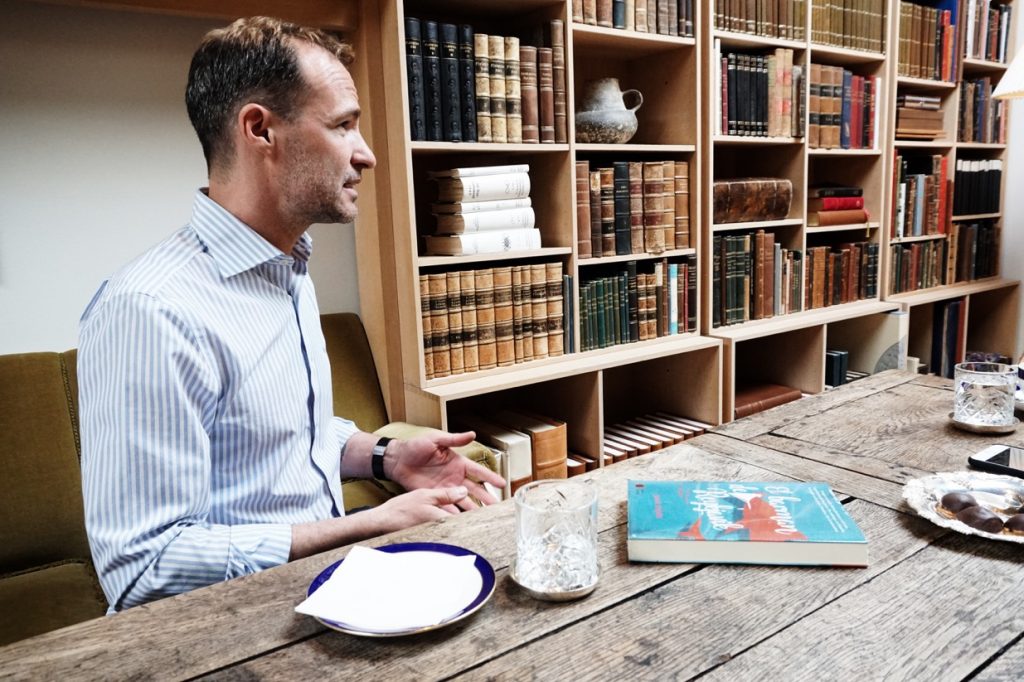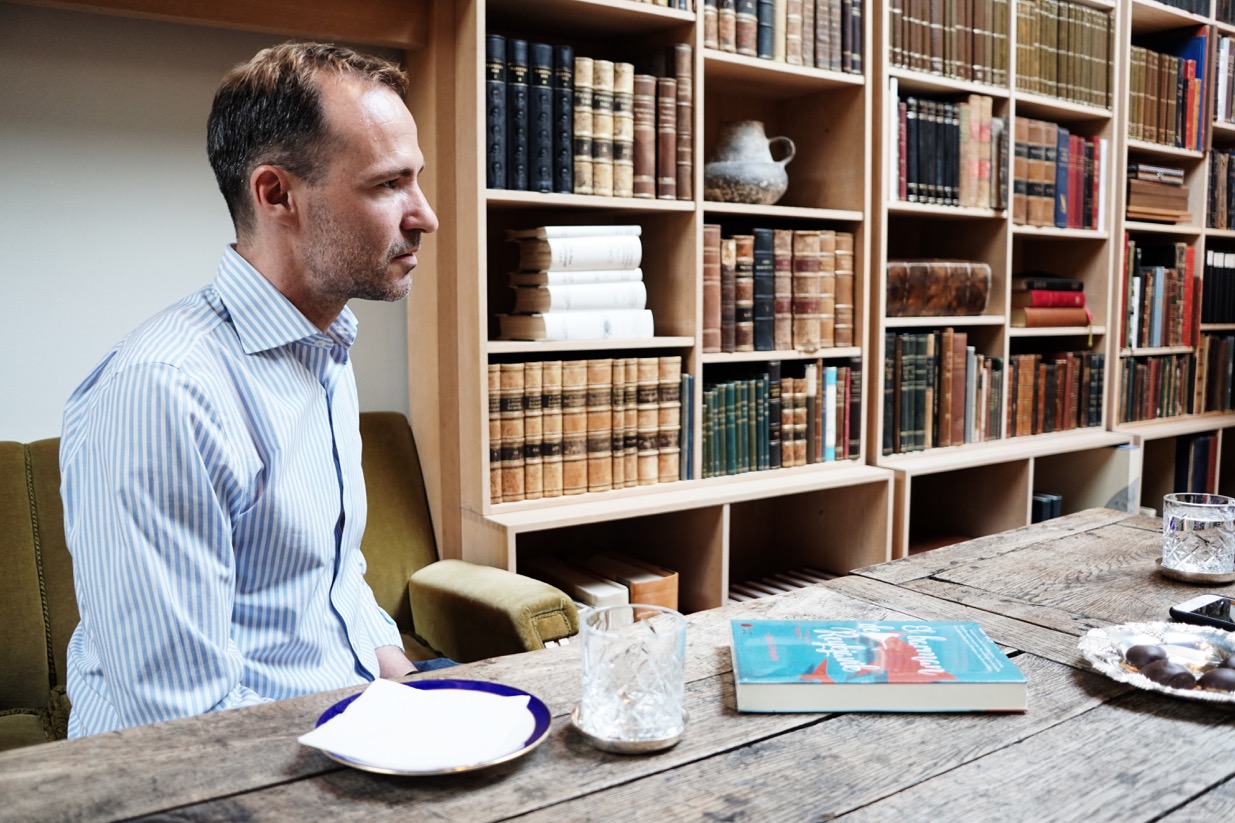The Hang over of Covid
In my opinion, there is no question that the high inflation in Iceland and around the world is because of Covid. The economy is a complicated mechanism that depends on many factors and moves very slowly. Therefore, you always have to wait to see the effects, impact or consequences of some measures or restrictions. Another problem is that we have a very short memory, the media is always looking for fresh content and we tend to associate the current situation with the last event.
When the governments were forced to stop the economy (lock downs, quarantine, traveling restrictions, trade restrictions…), apart from not creating any Gross Domestic Product, they had to subside the private companies, the civil servants, buying very expensive health equipment, vaccines, tests… How did they manage to pay the bill? By making money. So, then the inflation started.

Now that we’ve come back to normality, we feel the effects of the Covid, but many people are ashamed and don’t want to admit it. But the damage is done and all the countries have to fight the inflation, especially small countries with a volatile currency. I published an article in Vísir on March 2021 warning about the problem of having a high inflation, so I’m not going to insist on that again.
The goal of any Central Bank to stop the inflation is to cool down the economy, in other words, to make the Estate, the companies and the people spend less money. This is not a popular decision, but necessary, indeed. And the main (and powerful) economical tool to stop the inflation is to raise the interest rate. That means: Less and more expensive loans. On the other hand, increasing the price of the money impacts negatively on the Gross Domestic Product again, essential exports like fish, and private companies and people with mortgages. So, this means that Iceland is basically taking the risky option of depending almost only on the tourism. This can be an advantage, but only if it’s temporary. The interest raise must be progressive, the results have to be carefully analyzed before heading to another raise, otherwise instead of cooling down the economy we freeze it.
The containment of the economy needs to be shared. There are bleeding big holes on the Icelandic economy like Reykjavík city. The capital has a huge dept and it seems that the only way out is increasing taxes. But on the other hand, despite the massive construction (killing the unique charm of Reykjavík) the housing prices are extremely high and the traffic is getting worse.
To finish, I think the Central Bank shouldn’t encourage people to take loans indexed to the inflation because even though they are cheaper on the short term, the consequences on the long term are terrible because the debt always grows up. This only favors the banks.
Jordi Pujolá, writer and economist.
My novels in Bóksala Stúdenta.
Follow me on Instagram
